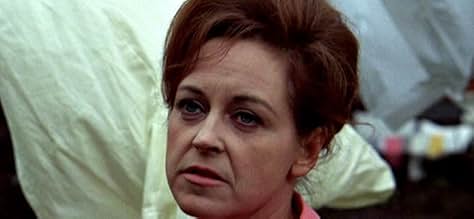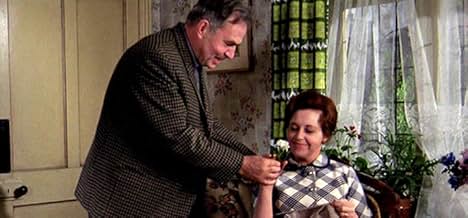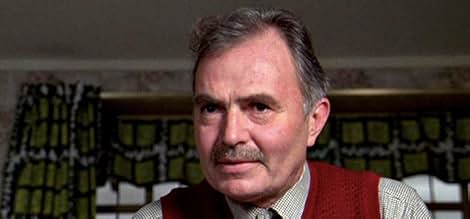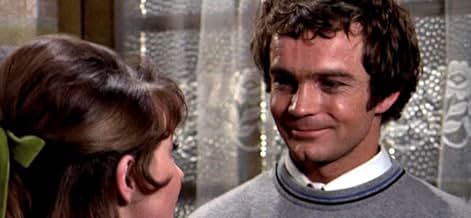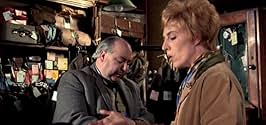A stern father and lenient mother try to deal with the ups and downs of their four children's lives in working-class Bolton.A stern father and lenient mother try to deal with the ups and downs of their four children's lives in working-class Bolton.A stern father and lenient mother try to deal with the ups and downs of their four children's lives in working-class Bolton.
Reginald Green
- Bowler 1
- (as Reg Green)
Storyline
Did you know
- TriviaWhen Arthur accidentally drives into the back of a car at the traffic lights (while kissing Florence), the driver of the car in front is the film's producer, Michael Medwin.
- GoofsThe first scenes are on a Friday evening after work. However, later when Rafe goes to play bowls, it is a bright, sunny day with the shadows suggesting it was shot around mid-day.
- Quotes
Rafe Crompton: There's no father alive who doesn't long to escape his captivity every now and then...
- ConnectionsEdited into Northern Soul (2014)
Featured review
To put it simply, I enjoyed this film. The reason for my interest & enjoyment was not related to anything other than the subject matter itself. I had heard tales from my mother and grandmother about how Northern England working class life and attitudes used to be (as experienced by them)and this is an interesting depiction that seems to faithfully represent what they told me. In particular, the paternalistic but overbearing father who "knows" what is best for his family along with his stubborness when this paradigm is challenged. (Not much has changed there then!!)
People who have seen the play will probably be disappointed with the film because the story does not easily transfer across the different media. In a sense however, the film is an historical document and I personally enjoyed it, if only because of the way it conveyed a social phenomenon.
People who have seen the play will probably be disappointed with the film because the story does not easily transfer across the different media. In a sense however, the film is an historical document and I personally enjoyed it, if only because of the way it conveyed a social phenomenon.
- How long is Spring and Port Wine?Powered by Alexa
Details
- Release date
- Country of origin
- Language
- Also known as
- Hering und Portwein
- Filming locations
- Sunnyside Mill, Bolton, Greater Manchester, England, UK(was on Adelaide St., now demolished)
- Production company
- See more company credits at IMDbPro
Box office
- Budget
- £198,000 (estimated)
- Runtime1 hour 41 minutes
- Sound mix
Contribute to this page
Suggest an edit or add missing content



